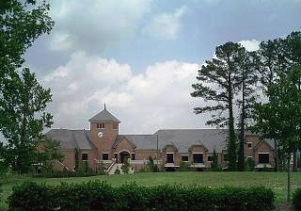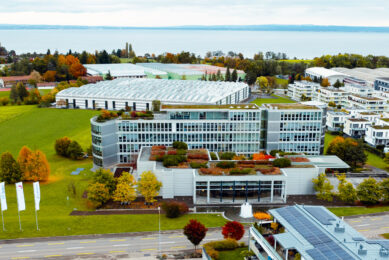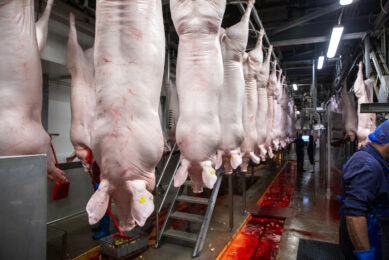Smithfield’s Romania investments reach US$600 mln

The economic crisis has had a negative impact on all sectors of the Romanian economy, but US investors continue to invest locally and are optimistic about the future. US pork giant Smithfield is one of them.
The Diplomat – Bucharest, an Romanian English-language monthly magazine, talked to managers of American companies present on the local market sees a slight increase in American investors’ interest in Romania.
“Recently, several important projects have been discussed which would increase the country’s attractiveness, and we believe that should continue in the future,” Sorin Mandrutescu, AmCham president, told The Diplomat – Bucharest about local US investment.
Among IT-giants such as Microsoft and Google, and other service related companies, Bogdan Mihail, president of Smithfield Romania was the only agriculture investor interviewed.
“In the future we plan to support the increase of production capacity of our factories and diversify our range of products,” he said.
“This growth of production capacity is driven by the new development opportunities that have been made by the approval of the Channeled System (SC) of pork production in Romania, dedicated to getting it on the EU market,” Mihail said.
Smithfield’s main activity is rearing swine, feed production and the purchase and storage of cereals, and the firm is also the largest buyer of grain from the Banat region, with over 250,000 tonnes of grain purchased per year.
So far, Smithfield’s investment in Romania amounts to US$ 600 million, of which $500 million has been invested in the farms division and $100 million in the processing unit.
Tradition and supply
“The initial decision to invest in Romanian agriculture was due, on the one hand, to the long tradition of raising pigs in the west of the country, and on the other, to the agricultural potential supply of cereal products locally, which are needed for animal feed,” Mihail said.
Currently, Smithfield Romania manages several pig farms, two compound feed factories, a meat processing factory, a factory processing animal by-products, and a network of warehouses and logistics to ensure the fleet and market its products with better control of product traceability to the final consumer (from farm to fork).
Most of the farms owned by Smithfield are greenfield investments, and the others have been upgraded in accordance with all European requirements in the field. The company also owns two combined feed factories with a total capacity of 110,000 tons of grain and a total production of 7,000 tons of feed per week.
“Also, every year we invest in upgrading existing production facilities and units, in order to streamline all activities of the group companies, investments that will certainly continue in the coming years,” said Mihail.
Local slaughterhouse
Besides breeding swine and running compound feed mills, Smithfield has its own local slaughterhouse, Smithfield Prod, located in the former Comtim factory which currently produces about 30% of carcasses in Romania.
It has the capacity to slaughter 600 animals per hour, and currently takes the whole flock from Smithfield farms.
Smithfield Prod operates three units: the Freidorf slaughterhouse, a station processing animal products and a wastewater treatment plant.
In 2009 Smithfield Foods completed the acquisition of Agroalim Distribution, a company that has a complete storage and distribution network for fresh, frozen and canned food with national coverage.
Smithfield also owns 50 percent of the assets of Frigorifer Tulcea (purchased in 2005, from Agroalim Distribution), a vegetable processing plant and cold storage for fresh, frozen and preserved food, located in Tulcea, which is, moreover, the only producer of frozen vegetables in Romania, with a production capacity exceeding 100 tons per day.
“Smithfield, through the three group companies, has created over 2,000 jobs. Our employees, both urban and rural, work like professionals, whether they are specialists in agriculture, quality control, butchers, or in support staff departments: logistics, maintenance, financial or elsewhere,” said Mihail, adding that the investments the firm made in 2011 and continues to make are intended to improve environmental issues, animal welfare and food quality and safety.











